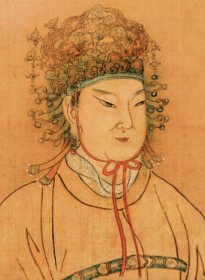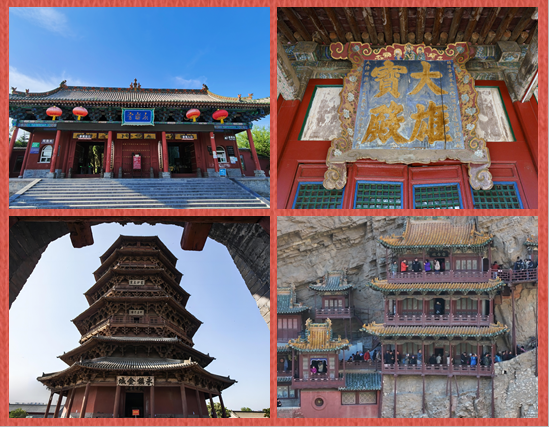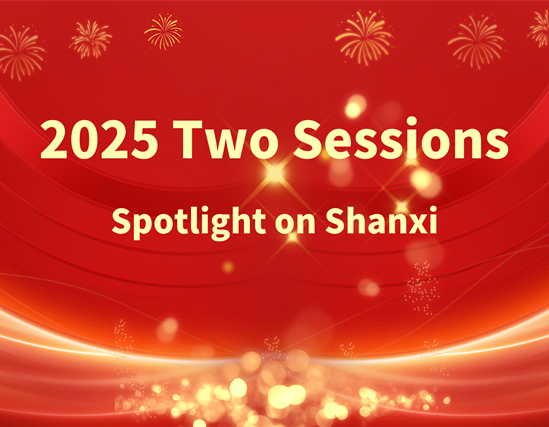Baijiu brand embraces nation's poetic history

Tang Dynasty empress Wu Zetian refers to the Zhuyeqing brand name in her poetry. CHINA DAILY
It's not easy to find a brand like Xinghuacun, owned by Xinghuacun Fenjiu Group based in Fenyang, Shanxi province, with such a deep association with ancient poetry.
The brand Xinghuacun is actually named after a poem written by Tang Dynasty (618-907) poet Du Mu.
In the poem, Du described his mood during a trip on Qingming, or Tomb Sweeping Day, in April. In Chinese, Xinghuacun literally means apricot flower village.
"A drizzling rain falls like tears on the Qingming day.
The traveler's heart is going to break on the way.
Where can a wine shop can be found to drown his dismay?
A cowherd points to the apricot flower village far away."
The poem is so popular in China that almost all school children are able to recite it. So its popularity has also made the white liquor, or baijiu, brand a household name.
Some researchers believe the history of alcoholic beverage production in Fenyang is as long as the history of Chinese poetry. Archaeologists found an ancient alcoholic beverage production site at the location of Xinghuacun Fenjiu Group. Unearthed production equipment revealed the site has a history of about 6,000 years.
Recorded history shows that the first reference of the Fenjiu brand name was made by an emperor during the Northern Qi Dynasty (550-577). And the first reference of Xinghuacun was made by Du Mu in his Qingming poem.
Zhuyeqing, which literally means bamboo-leaf green, is another brand of Xinghuacun Fenjiu. It was first referred to in a poem written by Wu Zetian, the famed empress of the Tang Dynasty, who said "it's an enjoyable moment when drinking the bamboo-leaf green liquor contained in a cup with lotus patterns".
As the development of the local alcoholic beverage has been accompanied by many poems written by poets in different times, Xinghuacun Fenjiu has deemed poems an important part of its corporate culture.
In October last year, the company hosted a poetry-themed gala, where more than 12,000 poems-in both ancient and modern styles and by writers from home and abroad-were presented.
Liu Jiarui contributed to this story.



